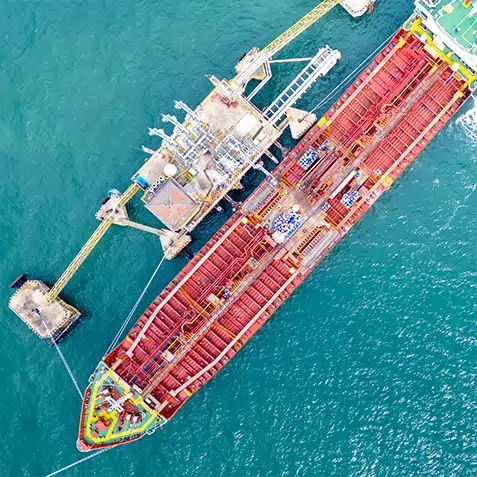AMMONIA MARINE FUEL
Short course in Ammonia as a Marine Fuel
About Ammonia as a Marine Fuel
The specialist course provides you with the fundamental knowledge required when working within or associated with the shipping industry, with a specific interest in the operation of marine engines ‘green fuel systems.
The online course consists of 1 module that must be completed within 6 months. The module consists of text, tables and pictures to assist in your learning. Following the completion of the course content, students must pass 20 multiple-choice questions with a score of 70% or higher.
On successful completion of the module, you will be rewarded with a certificate in ‘Ammonia as a Marine Fuel’.


Duration:
6 months

Modules:
1 in total

Cost:
£295

Assessment:
20 Multiple Choice Questions
Enrolment is open throughout the year. If you are ready to enrol, download the application form below.
Ammonia as a Marine Fuel Course includes:
Flexible Study Duration: Enjoy 6 months of online access, allowing you to study at your own pace, from anywhere in the world.
Learning Format: 100% online, with access to our student learning portal.
Assessment: Complete a 20 multiple choice online assessment when you have completed your studies.
Certification: Upon successful completion students receive a digital PDF certificate. A printed certificate completion pack is also available upon request.
Digital Course Badge: Upon successful completion students will receive an exclusive course badge for use on business cards, LinkedIn profiles and website(s)!
Short Course - £295
Ideal for anyone looking to get an introduction to the industry.
✔
✔
✔
✔
✔
Ammonia as a Marine Fuel Curriculum: One Module & Career Skills
The course would be suitable for all Mariners and vessel crew, Marine Engineers and Technicians, Technical Superintendents, Technical Directors and Managers, Insurance Claims Handlers, Insurance Underwriters and Insurance Brokers.
Ammonia General Information
Why Use Ammonia as a Marine Fuel?
Ammonia Characteristics
Hazards of Ammonia
Health and Environmental Effects
Ammonia Advantages and Disadvantages
Types of Ammonia and its Production
Production of Blue Ammonia
Production of Green Ammonia
Ammonia Bunkering Operations
Bunkering Plan
Bunkering Methods Introduction
Ammonia Bunkering – Essential Equipment Description
Ammonia Bunkering
Ammonia Bunkering Considerations
Personal Protective Equipment (PPE)
Marine Ammonia Propulsion Systems Overview
- Control, Monitoring and Safety Systems Overview
Safety Management System for Ammonia-Powered Vessels
- Introduction
- Safety Management System (SMS)
General Ammonia Fire Protection and Extinguishing Systems
- Ammonia Equipment Protection on a Ship
- Firefighting Equipment
- Ammonia Bilge Spills
Marine Engine System and Operation
- Ammonia Storage and Delivery to the Engines – Overview
- Bunkering Ammonia
- Firefighting – Ammonia Equipment Protection
Hear from our Students
Meet the Course Author
Ian Bryant
My career spans 40+ years from all operating stages to Chief Engineer on a variety of vessels which include crude and product tankers to offshore assets which include drilling rigs.
More recently from 2002 formed an independent offshore consultancy company carrying out a range of consultancy work including training/ competency for blue chip LNG ships & facilities/ offshore drilling/ offshore wind energy companies.
Other aspects of work include operations manuals for offshore and shipping assets as well as Failure Mode Effect Critical Analysis (FMECAs) for well-known offshore companies.

Why Choose The Maritime Training Academy?

Flexible
Online learning allows you to study in your own time, at your own pace from anywhere in the world. This saves on travel and classroom costs and allows you to fit your studies around your job and progress your career.

Supportive
While the nature of distance learning is independent study, we recognise the importance of support. Students can contact us at any time during their course for assistance and our team of industry experts are always on hand for advice.

Expertise
We have over 50 industry experts writing, developing and advising on our course material. We truly believe that allowing students to tap into their expertise and knowledge is of the utmost importance to fulfil your dream career.
If you would prefer to complete this as a classroom-based course, please contact us.
